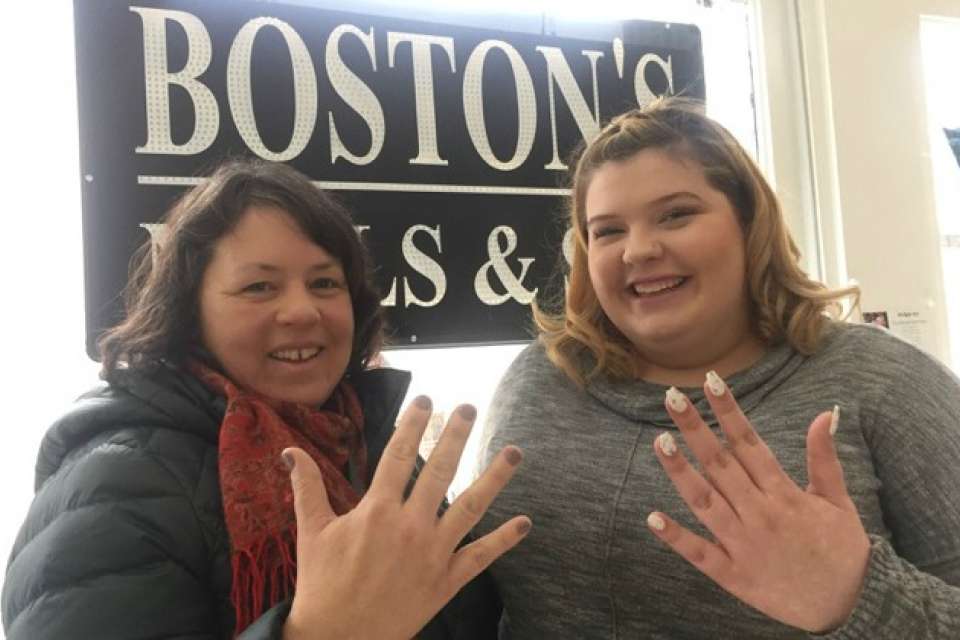
Relaxing on vacation isn't always as easy as it sounds. So, how do you ensure you return from vacation feeling rested and renewed instead of worn-out?
“As a mental health provider and psychiatrist, my role is to help people make more intentional decisions in their lives,” says Anna Ratzliff, M.D., Ph.D., a psychiatrist who leads Integrated Care Training at the University of Washington. “Vacation is a great place to do that.”
1. Revel in the planning of your vacation.
“Planning is part of the pleasure, and the health and wellness that comes from vacation,” says Ratzliff. “Research has shown that people planning for vacation experience increased happiness during the planning stages, even more predictably than the expected post-vacation boost.”
It makes sense that part of the fun of vacation is the anticipation of it. But there are also ways to maximize this effect.
“It helps to think about what kind of vacation is relaxing for you, what activities truly get you into that deeper sense of relaxation and feeling of connectedness to things that are meaningful in your life,” says Ratzliff.
2. Don’t plan so many activities that you are overbooked.
Ratzliff says that some people can get caught in the trap of trying to make a vacation into everything for everybody. Her advice for when you are traveling with a family or any other group that might have competing interests? Come to an agreement about the activities of the vacation ahead of time. This way, everyone will get some of what they want.
“Not everyone can do everything,” says Ratzliff. “There must be some negotiation and compromise. If you fill your vacation with so many activities that you don’t have time to enjoy the things that you participate in, you have defeated the purpose.”
3. Make sure there is time to connect with your partner—or family—during vacation.
Research has shown that the more time people spend in conversation with their partner, the more pleasure they receive from their vacation activities.
“This is important enough that you’ll want to include time for conversation in your planning,” says Ratzliff. “It sounds silly but it matters. Talk is one of the real benefits of vacation, but one that tends to be underrated.”
Time spent together away from ordinary activities gives you a unique opportunity to reconnect with your partner. Be sure to take that opportunity. And if you don't have a romantic partner, the same advice holds true for family and friends.

4. Unplug from work. Really.
Many times there is a lot of pressure to stay connected to work—monitoring your email and catching up on things you don’t have time to do in your everyday life.
“There is some good literature out there that says staying connected to work can negatively impact your relaxation,” says Ratzliff.
Planning ahead for coverage—from someone whose judgment you trust—is an excellent strategy, and one that Ratzliff herself employs. She advises resisting the temptation to answer emails that aren’t urgent.
“This is another area where the trusted replacement can step in,” says Ratzliff. “That person can monitor your email and text or call you for anything that looks truly urgent. Otherwise, you get sucked in.”
It really is important to get someone to cover your work to the extent that you can while you are on vacation. Partial detachment from work—where you’re still feeling responsible and on duty—doesn’t cut it.
5. Use mindfulness during your vacation to manage work-related thoughts.
“It’s hard to force yourself not to think about work during vacation,” says Ratzliff. “In fact, the more you try to force yourself not to think about something, the more you actually think about it. It’s just a weird cognitive thing that humans struggle with.”
Ratzliff advises instead to simply observe the thoughts of work that come up, without making any judgment.
“Notice that you are having the thought—and then let it float away,” she says. “Mindfulness is truly just bringing your attention back to the present moment. Of course you will have thoughts of work that come up—that’s normal. The point is to allow yourself to refocus your attention back to enjoying your vacation without judgment.”
6. Be present and intentional in your vacation.
One of Ratzliff’s favorite mindfulness strategies is called 'participate.' Here’s how it works. When you are participating in an activity, you observe your experience with all of your senses.
Ratzliff explains how to ‘participate’: “If you are sitting by the pool, look at the color of the water. Look at the color of the sky. Notice the foliage around you, and observe the smells. Can you smell the chlorine or the salts? If you’re eating something or drinking something, really taste it and focus on it. Are there different flavors than you usually get in your own life? Then focus on the sounds. Do you hear your kids laughing, do you hear music playing, do you hear the wind blowing? Whatever you are experiencing, engage your senses in it.”
Engaging your physical senses in the moment helps you to be present in that moment. And being entirely present changes the experience by giving you a deeper sense of relaxation and engagement.
“The more engaged you are, the more health and wellness benefits you receive,” says Ratzliff. “There are always benefits to getting away, but you can also deepen those benefits. And of course, the most important thing of all is to take a vacation in the first place."


 Healthy ideas for your inbox
Healthy ideas for your inbox





